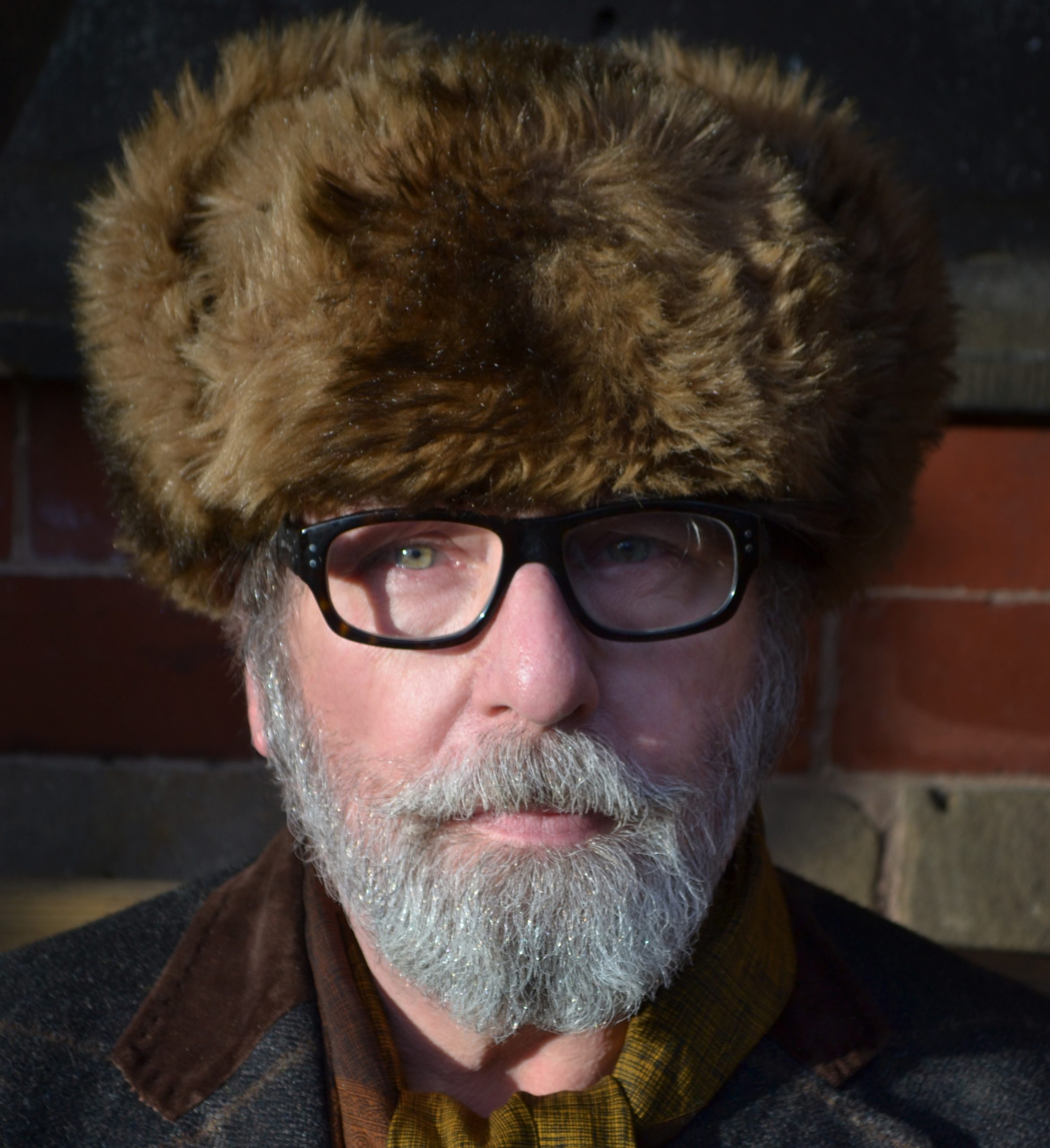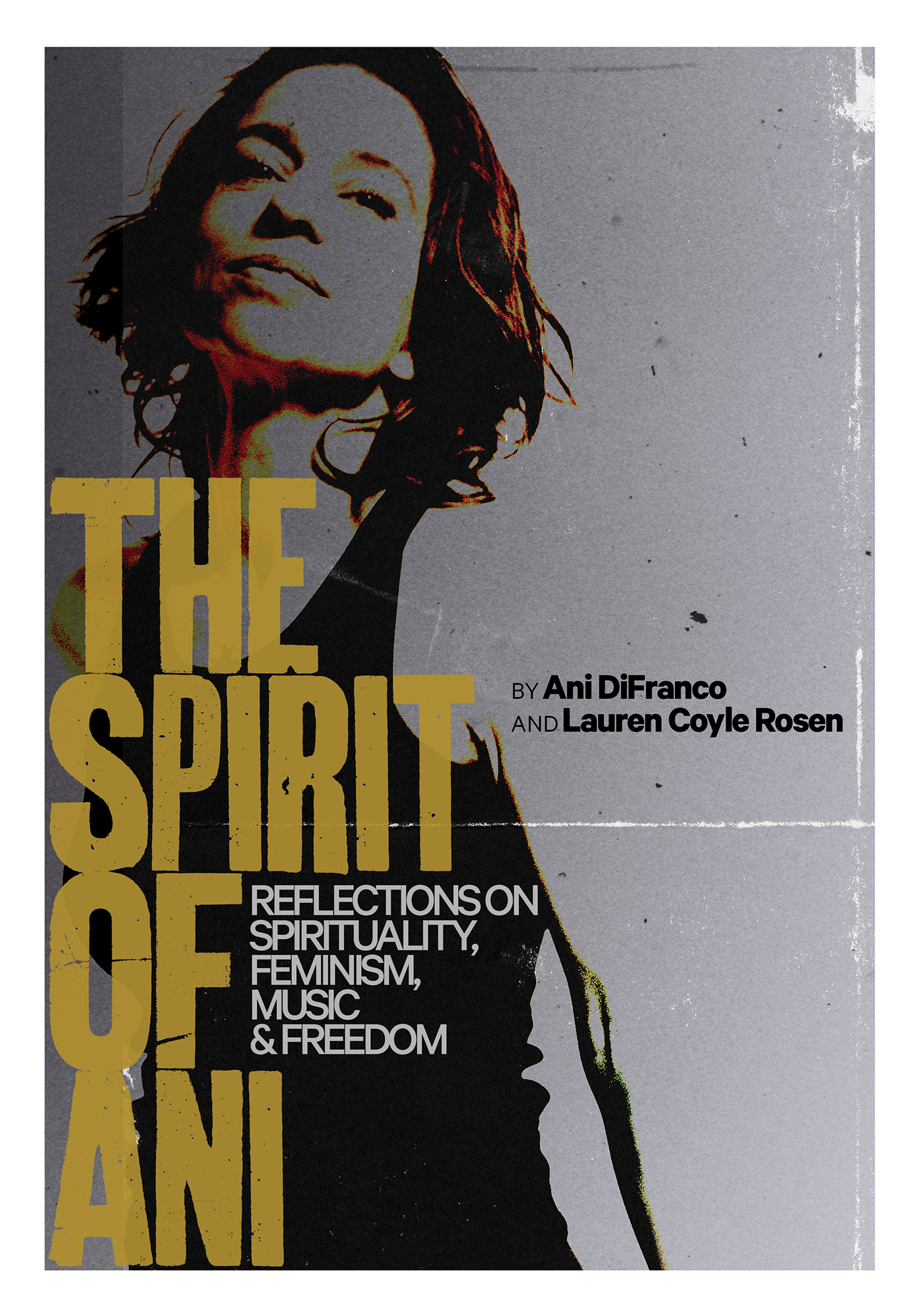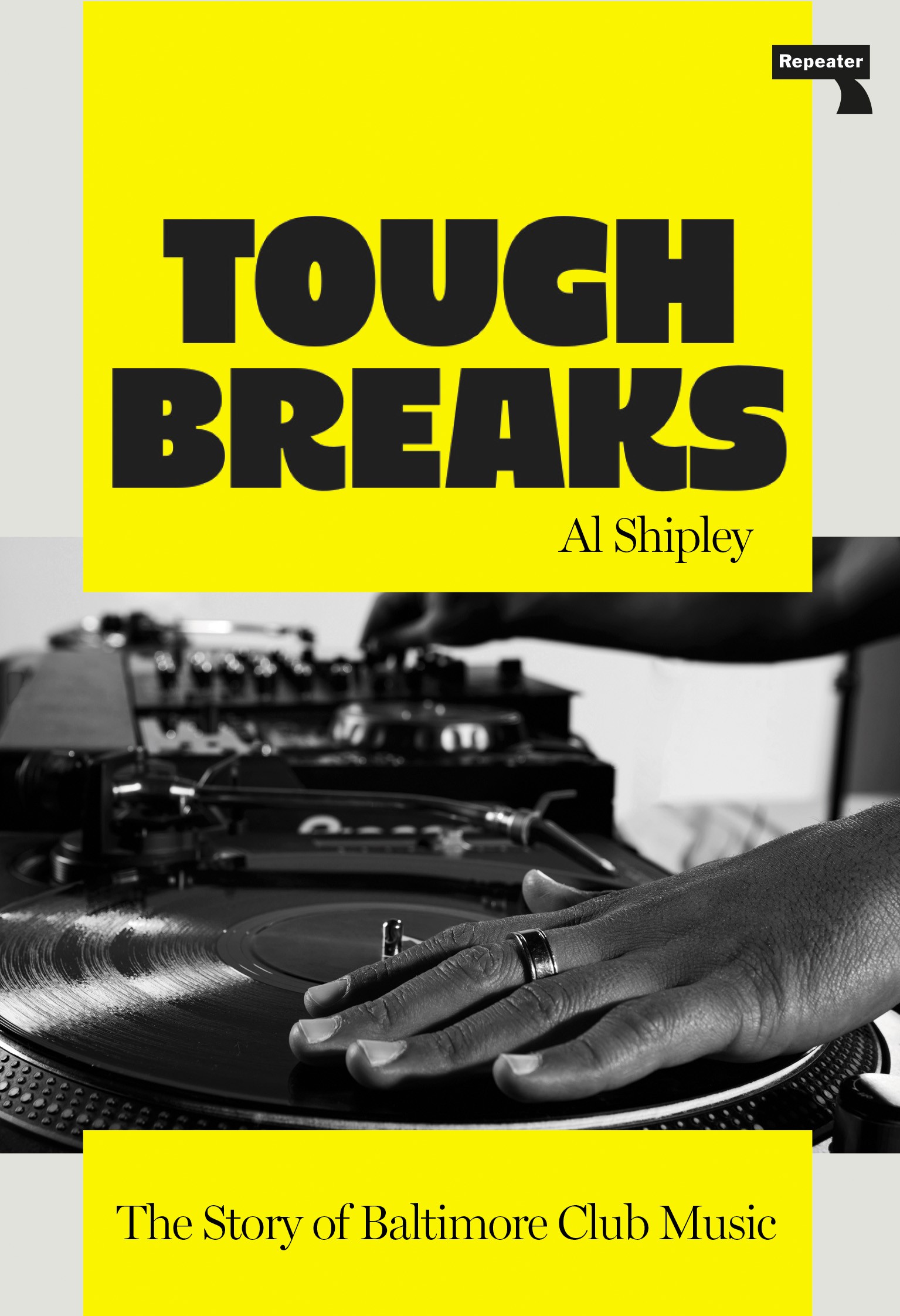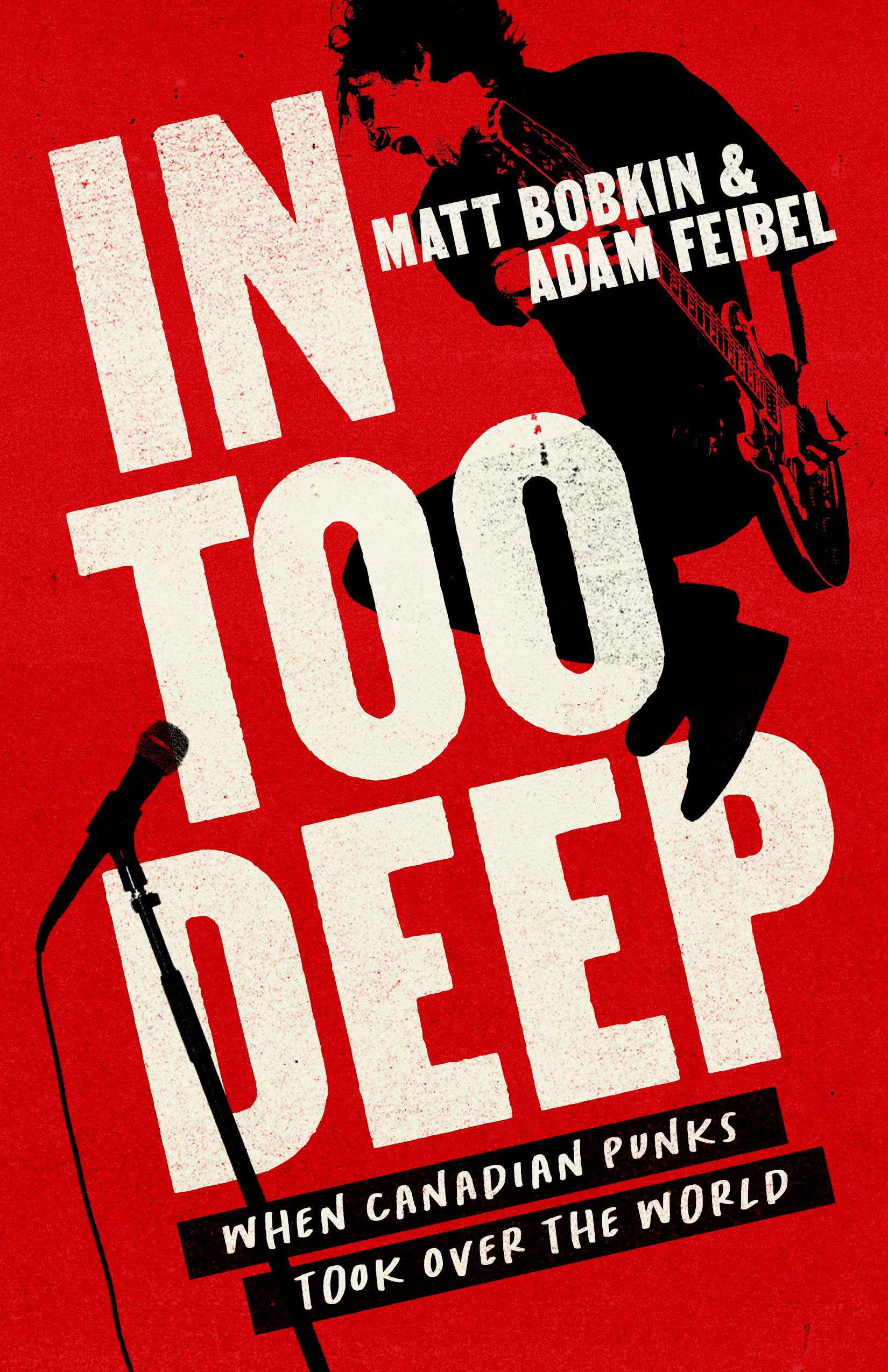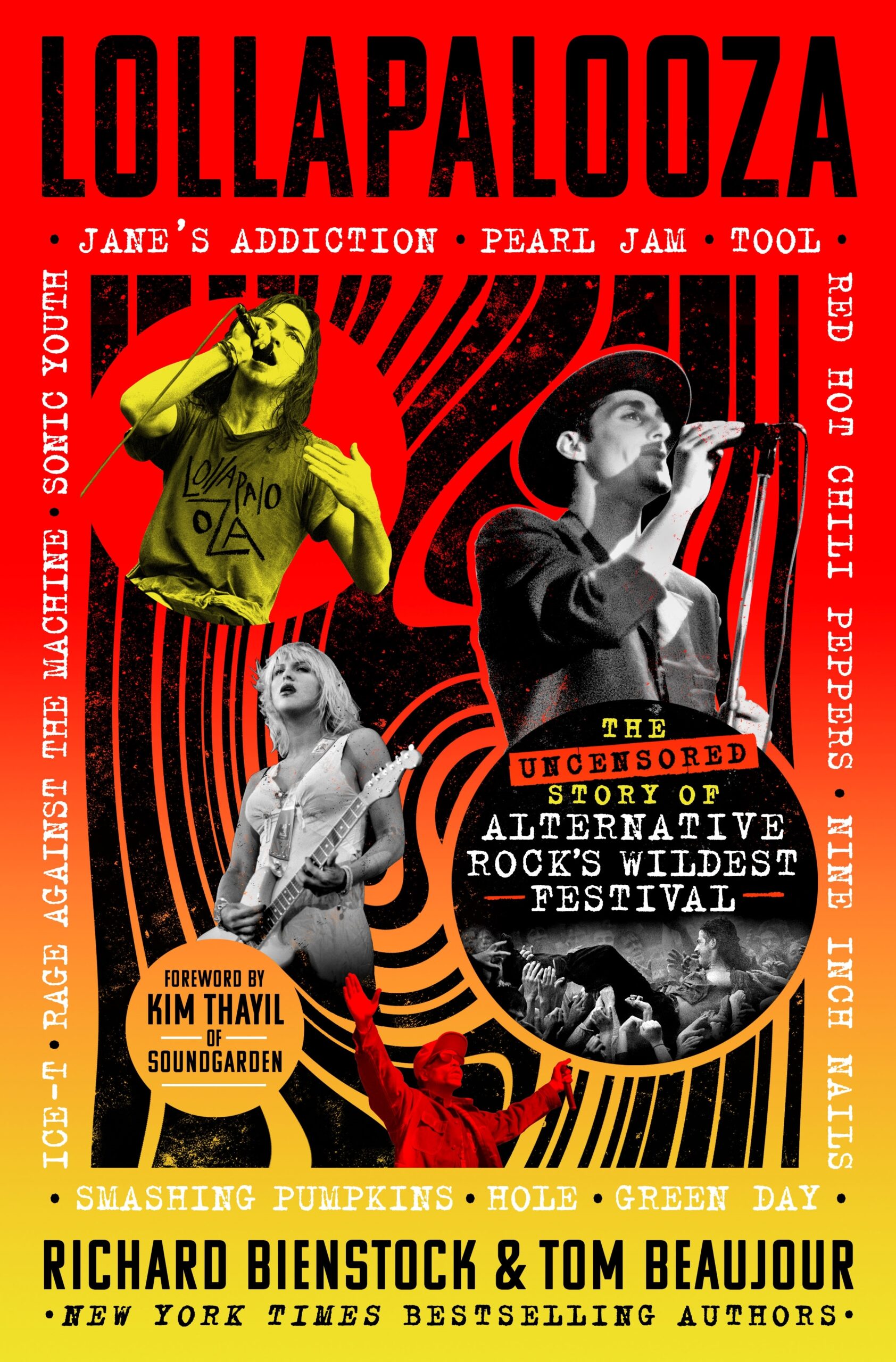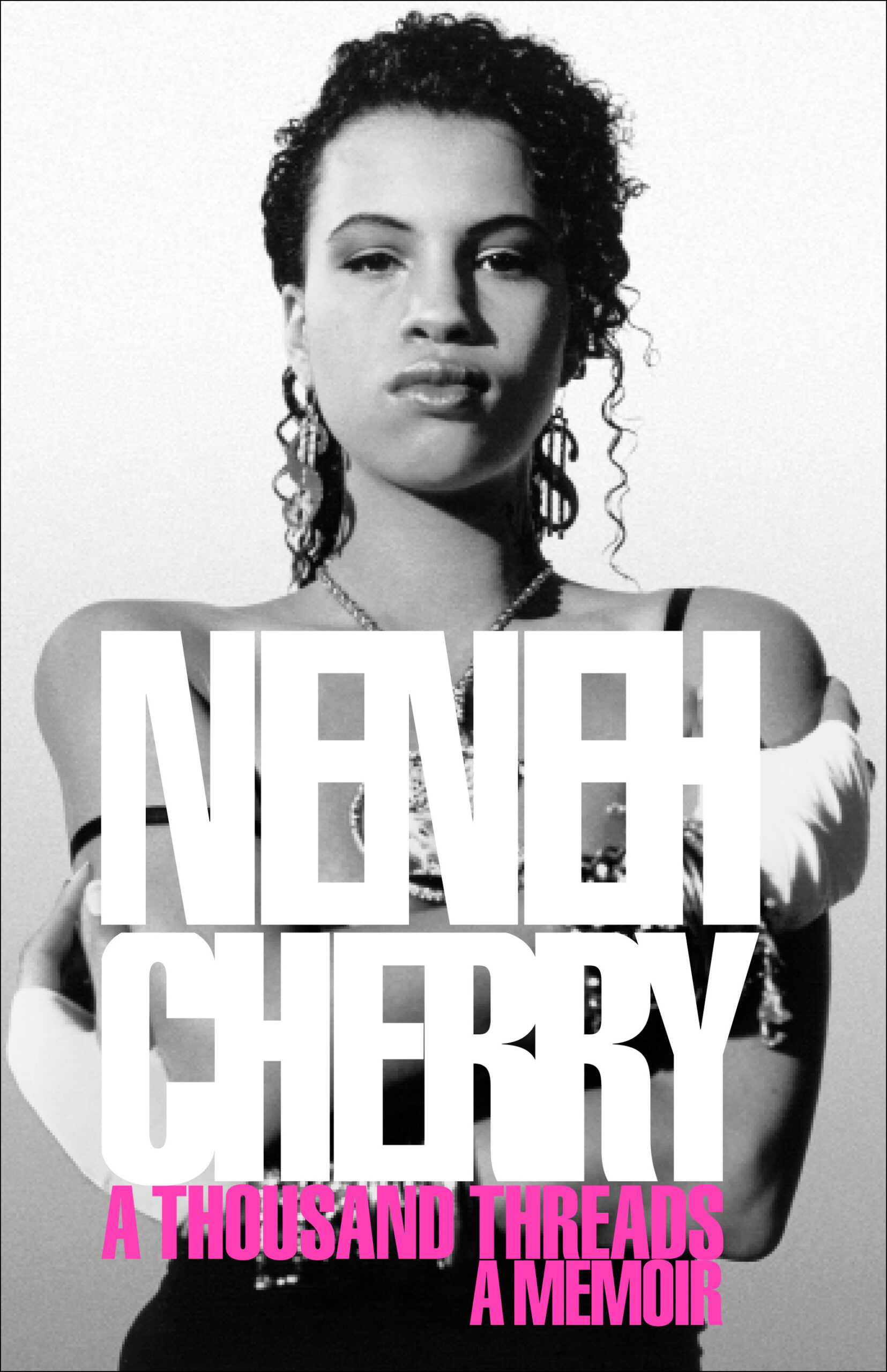The late '70s were an incredibly fertile time for rock music in England. Punk exploded and soon splintered into new movements, laying the groundwork for the Second British Invasion in the '80s. In the middle of all that, in Liverpool in 1978, vocalist Ian McCulloch, guitarist Will Sergeant, and bassist Les Pattinson came together to form Echo & The Bunnymen. They'd go on to become one of the definitive bands of the post-punk/new wave generation.
In his new memoir, Bunnyman, Sergeant tells the story of the band from his perspective. From his early days growing up in Liverpool, to the band's origins, on to their commercial peak in the '80s, he traces his life in music and the ascent of Echo & The Bunnymen. While the book won't hit shelves in America until January, today we have an exclusive excerpt detailing a formative early night for the band: Their very first gig, which also was the night they (spontaneously) became known as Echo & The Bunnymen.
Finally, the day of the gig arrives. Straight from work, I head over to the club. We are at what we soon learn is called a soundcheck. (I’m joking; we all knew what a soundcheck was. We used to get into the club early sometimes and see various bands engaging in the soundcheck. We had even sat in a couple of times when the Fall were doing their pre-gig checks.)
It is now 7:30PM. The club is filling up and many of the regulars are filing in. Among them are Jayne Casey and her band Big In Japan. This is adding to the pressure I’m feeling; I would hate to look a knobhead in front of that lot. Julian’s mates from the teachers’ college begin to show up. Not many know we are also going to be on the bill, as we have no name. Macul [McCulloch] and I have never really discussed what to call ourselves.
We are ready to go on. We have checked all the equipment. My trusty FAL amplifier red light is lit and ready to go. Les has borrowed a bass amp and we are all set. Julian bounds on to the stage like a 1970s Radio 1 DJ. "Hello. This is Echo And The Bunnymen."
I’m thinking, What was that? Echo And The Funnymen? Where the hell did he get that from? Sounds really shit. We are not going to be called that, that’s for sure!
It transpires that Julian had randomly read this band name off a half-arsed list that Macul’s flatmate -- the posh kid known as Smelly Ellie -- had come up with. He had a list of ridiculous names, the way that a student with a "wacky" sense of humour and a taste for the surreal would name a group. I never saw the list, but I find out about it later. The names included Glycerol And The Fan Extractors -- awful! The Daz Men -- shite. Mona Lisa And The Grease Guns -- are you kidding? The least repugnant of the bunch and, of course, the one that got chosen, was Echo And The Bunnymen. I was never keen on the idea, fearing that Macul would be seen as Echo and us chumps in the band -- me and Les -- as his minions, the Bunnymen. No thanks. I hated bands with those sorts of names: Huey Lewis And The News, Elvis Costello And The Attractions, Eddie And The Hot Rods; all naff and not my cup of tea. This was not what I was starting a band for, to be just one of the backing band. I felt at this point the group was my creation, my baby, my band. It was apparent that everyone, including Julian, knew about the bloody list of names except me. I don’t get to name my own band!

Back to the stage. I have more immediate worries to deal with. We get in position. I look out into the small crowd of friends, enemies, and pissed up student teachers. All eyes are on us on the stage, some just staring. I notice Les is glowering at some lads at the front who are chatting among themselves; I refuse to be intimidated. I have marked the speed setting or, if you want to be all musical, the tempo on the drum machine. This could be a bit random; it is very sensitive. To get the exact beats per minute every time you adjust this dial or playing is almost impossible. I get the beat going and fade up. The drum pattern is a little slow, so I give the silver tempo control a tweak and the speed is fractionally increased. The drum machine button is firmly set on "Rock 1." There are only a few settings that we have found useful: "Rock 1" and "Rock 2." Sometimes a combination of two settings would be OK. It was possible to add "Bossa Nova" or "Samba" to these rock settings by depressing two buttons at once. On it goes and around and around a few times I nod to Les, who starts the bass riff: dum da duum dum da duum da da da dum da duum. The drum box is blissfully nerve free; he just keeps on keeping on, the only true pro in the band.
I look down at the guitar. I am feeling incredibly self-conscious and scared I’m going to mess it up. The adrenaline has me a nervous wreck. I look out into the gathered crowd again. The club is rife with jealousy and a few sneering faces are spotted. This is a very Liverpool thing, even a very English thing; most are wishing you to fail. This helps me. I steel myself and think, You lot can fuck right off. Rivalry helps you progress. The influences you have are as much from things you hate as things you love. The ones you love are signposts to the way forward; the ones you hate are warning signs that you don’t want to go down that road and be or sound like them.
I need to concentrate on the guitar. I’m not a guitarist that can just feel his way around the neck. I have only been playing for a few months and I’m still in no way proficient. I am looking down at the guitar. This also helps with the nerves. I concentrate on the high E string on the instrument. Les, the drum box, and I circle around a few times, my little primitive spiky guitar notes riding over the top of the bass. (After years of looking down at the guitar, it becomes a trademark stance of mine that becomes known as shoegazing.) My fear is intense, but the spell is broken when Macul, wearing an anorak belonging to Paul Simpson, approaches the microphone. He digs in a pocket, produces a little notebook and is looking at the lyrics he has written. At last, Macul breaks his silence. His voice is dark and menacing. He launches into an amazing, angry, poetic rant about evolution -- or the lack of it:
"You talk to me about evolution/ All you want to do is swing like a monkey."
This is the first time I have ever heard him sing anything. Wow! It’s brilliant, not conventional boy-meets-girl kind of stuff. It’s a lot deeper and he seems to be having a massive go at humanity for being a bit shit and not progressing up to his level of genius. A tad arrogant but we are a team and I’m with him all the way.
I chance a glance at the crowd. I see lots of familiar faces. At the front is Big Bill Drummond, the guitarist with Big In Japan. Bill will become a pivotal part of our story, but for now he’s just another face in the crowd. All assembled seem to be digging it -- or, at the very least, they are thinking, This is curious. Guitars plus a robotic drummer. I start to relax and almost enjoy what is occurring. The comforting hypnotic tick of the drum machine plus the unwavering and simple bass riff driven home by Les give my sparse and slightly random spikes of the guitar a good bed to jump up and down on. Macul is now in full vitriolic flow. We are all of one purpose; it feels great. Me? I’m sticking to the crisp treble pickup on the Telecaster, reverb on maximum. I’m riding the white horses of a surf-guitar wave. As I become more confident, occasionally I decide to break away from the basic high E string riff. It seems the exuberance that is swelling up in me has given me more courage. I am realising we are actually doing this, live on stage with people looking at us -- and not booing. I am taken and I’m pushed along on pure adrenaline. Now I am daring to attempt some risky darting up and down the frets. It’s not as frightening as I imagined and most of the notes I am hitting are even in tune with the bass. We are all now glaring at the small crowd, probably more from fear than design -- but it comes across as aloof, slightly weird, and a bit scary.

Quite a few of the people watching are in bands themselves and are way more accomplished musicians than us. I see that as their downfall; we are not held by the constraints of traditional rock music. We don’t know all the clichéd changes and guitar runs that they pepper their songs with. I am soon to realise our basic skill level helps us stand out from the rest. Along with the constant electronic ticking of the drum machine, it’s all a kind of new approach for a guitar band. Les is at the tiller and holding a very steady course. How the hell is he doing this? Four days ago, he had never touched a bass. I keep going with the little riff. We manage to make this unbelievably minimal effort last for around the twelve-minute mark, after which we start to sense that we have accomplished what we set out to do. Macul has exhausted the lyrical content of his notebook and slips it back in his pocket, then glances my way; I instantly understand what he is trying to convey. He’s said all he wants to say and is out of lyrics and it’s time to end now. Reluctantly, we wind it down, slowly fading to a stop. The Mini Pops drum machine still ticks on for a short time, running until I turn the little silver volume knob down to silence and we all walk off the stage.
The small crowd seem to love it and we get a good cheer. Even the reluctant arseholes hoping for us to fail are clapping now, if a little resentfully. We go back to the dressing room; the Eric’s royalty and our friends in the Teardrops are telling us, "That was great." Jayne Casey comes into the cramped and messy dressing room. She is gushing about how cool it was, how she loves the name, and how we are amazing. I am a little taken aback at how good it all feels. This euphoria could have been the relief of getting through the one song set without any major disasters. Macul is buzzing and wants to do it all over again. Les is smiling like a Cheshire Cat that’s got the cream; I am like a dog with two dicks. We are all happy and can’t wait to repeat this experience somewhere. It feels good to be accepted and it is a comforting feeling, like being in a gang or the Boy Scouts or something. We have a common purpose -- and that’s what it feels like. I am not alone any more. We feel like we can take on anything now. The accolades feel good. We think what we have just done is the single most important artistic statement ever conceived by anyone, and to me -- and for the rest of my life -- it really was.
We are now a band; I am even warming to the name as it seems to be getting universal approval from all in the room. We can always call the drum machine Echo and then we are all in the Bunnymen and everything is on an equal footing again. I am no longer just the kid that looks a bit like a secret member of the Ramones, perhaps the hidden away brother; Willy Ramone, the spotty one they keep in the attic of CBGBs. This is the birth of the Bunnymen.
Bunnyman is out 1/4 via Third Man Books.
